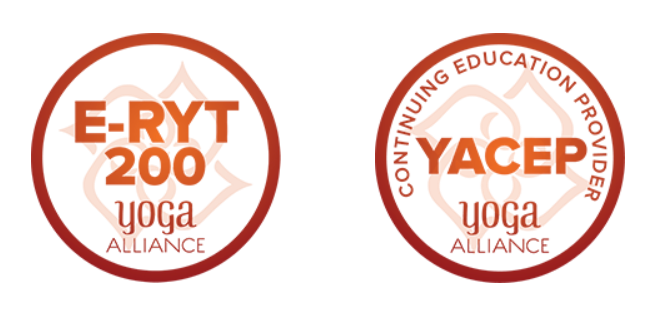
YS 107 | Yoga and Śaiva Tantra: An Uncharted History
Now available for self-study
ENROLLMENT OPTIONSCourse Description
What is Tantra, really? And what is its relationship to Yoga? What did Tantric Yoga practice look like within premodern Śaiva Traditions?Join Dr. Ben Williams for this unique opportunity to study and explore the fascinating and lesser-known history, philosophy, and practice of Yoga within Śaiva Tantra.
The word “tantra” conjures many images in today’s popular culture, such as a scantily-clad couple eye-gazing in Ibiza or sexual energy healing in California. In this course we will briefly explore the process whereby tantra came to be so intimately associated with sacred sexuality, a revealing historical narrative filled with colorful gurus and cross-cultural projections. The genealogy of this modern form, which can be dubbed neo-tantra, will enable us to meaningfully distinguish and appreciate classical tantra, a collection of revelatory traditions that first emerged in India in the fifth century C.E. Most central to our exploration will be highly-influential tantric traditions that are “Śaiva,” that is to say, devoted to the deity Śiva and related pantheons of Goddesses.
One extraordinary feature of premodern tantric traditions is their comprehensive and little-known teachings on yoga. A preeminent scholar of Śaiva yoga, Dr. Somadeva Vasudeva, has noted that between the classical yoga of Patañjali and the earliest Sanskrit texts that can be classified as “haṭha yoga,” there is a six-hundred year period of yoga’s history that is either skipped over or scarcely treated. This uncharted gap witnessed a vibrant development of yogic practices and teachings. And yet critical and reliable studies on yoga in the tantric traditions can be counted on one hand. This is unfortunate, for in the tantric yoga developed in this period we find intricate meditative visualization, diverse disciplines of self-mastery, various forms of deity yoga, and subtle and sophisticated yogic practices that work with the breath and mantra. We also find the earliest development of what is often called the yogic or tantric body. Comprised of networks of channels (nāḍī), cakras, deities, spacious voids, well-springs of ambrosia and more, this is a body that is permeated with divine powers, most famously the coiled Goddess kuṇḍalinī.
This course, based on original Sanskrit scholarship and a coherent synthesis of the best existing scholarship on tantric traditions, provides a solid grounding in the origins, development, and essential features of classical tantra. This understanding will serve as a bedrock for learning about the most definitive forms of yoga revealed in tantric scriptures and transmitted by tantric masters. At the culmination of the course, students will be well-versed in the ways yoga was embodied and practiced within the human worlds and vast cosmologies of classical Indian tantra.

Course Modules
Module 1 — Demystifying Tantra: Discerning Classical Tantra from Neo-Tantra
Module 2 — Tantric Yoga: Essential Practices and Aims of Initiatory Yoga
Module 3 — The Tantric Body: Internalizing Tantric Rituals and Deities
Module 4 — Nondual Śaivism and Yoga
Students Will Receive:
- 4 Pre-recorded Video + Audio lectures (90 min)
- 4 Pre-recorded Q&A sessions (90 min)
- 4 ACP Credits
- 12 Hours of CE credit with YA
- Course Syllabus (PDF)
- Weekly Readings (PDF)
- 4 Multiple Choice Quizzes
- Yogic Studies Certificate (PDF)
- Access to the private Community Forum
Dr. Ben Williams
Assistant Professor, Naropa University
Ben Williams is an intellectual historian focused on Indian religions and the history of Śaiva tantra. He has received extensive training in Indian philosophy, literature, and aesthetics in Sanskrit sources. Ben received a BA in Religious Studies from the University of Vermont, an MTS from Harvard Divinity School, and completed his PhD in the Department of South Asian Studies at Harvard University. He is an Assistant Professor of Hinduism at Naropa University, and currently serves as the program lead of Naropa's MA program in Yoga Studies. Current projects include a monograph on Abhinavagupta as well as two collaborative translations, which are also book-length projects.
This course is eligible for 12 hours of Continued Education (CE) credits with Yoga Alliance

Stay Informed
Sign up for the Yogic Studies mailing list to find out first about upcoming courses, podcast episodes, promotions, events, and the latest research delivered straight to your inbox.


